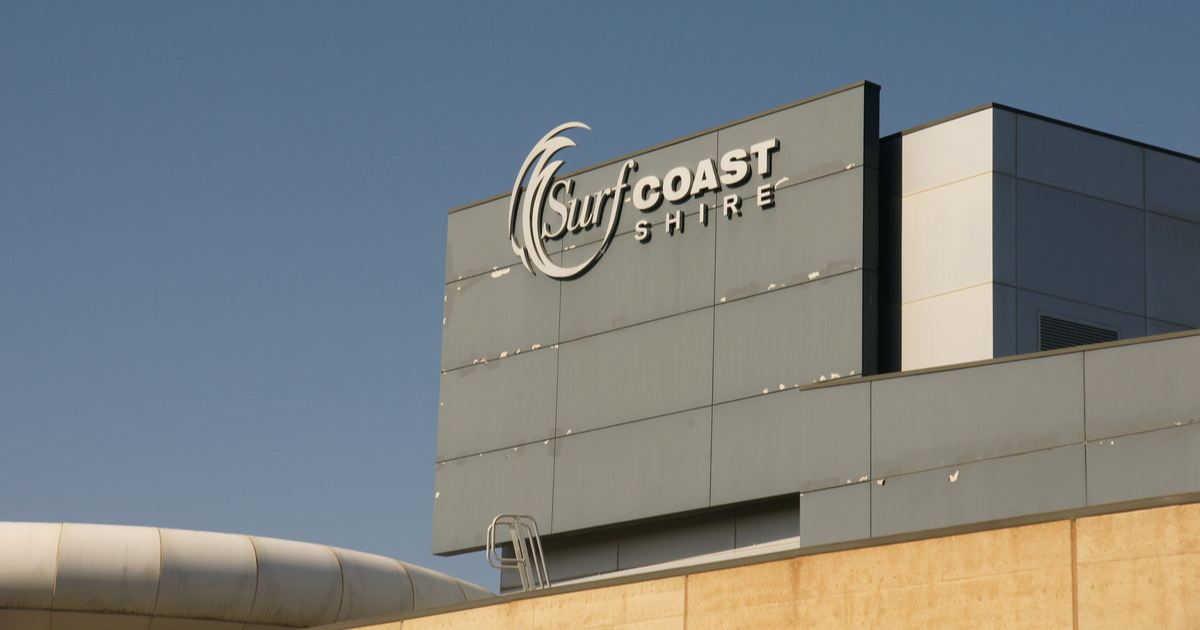Farmers should consider carbon emissions now

The event at the Winchelsea Hub, was organised by the Surf Coast Inland Plains Landcare Network and the Upper Barwon Landcare Network. Photo: SUPPLIED
THE time for farmers to act on carbon emissions is now, a major carbon forum in Winchelsea was told recently.
The event, held at the Winchelsea Hub, was organised by the Surf Coast Inland Plains Landcare Network and the Upper Barwon Landcare Network, with funding from the Department of Agriculture, Food and Fisheries and Victorian Landcare Grants
Agriculture Victoria climate specialist Graeme Anderson told more than 100 attendees that despite carbon being a hot topic for many years, emissions were continuing to rise.
He said that on existing climate trends, Melbourne would likely experience extreme heat days of 50 degrees by 2050, and inland would be even hotter.
However, Mr Anderson said attitudes towards climate change and carbon emissions were changing dramatically, with major agricultural companies now targeting carbon reduction, and all Australian governments having adopted carbon
reduction targets.
Farmers have a special role to play, as both sources and sinks of greenhouse gases.
Mr Anderson said an Agriculture Victoria pilot trial of 250 farms was under way, which involved an audit to calculate farm carbon inputs and outputs, and to test alternative means for achieving a net reduction in emissions.
Farmers looking to reduce emissions by selling carbon offsets, usually through tree planting, should be wary of locking themselves into long-term commitments, particularly when it came to selling property.
Mr Anderson said carbon reduction would be essential for farmers to retain competitiveness, and that constant measurement would be necessary to provide evidence.
Meat and Livestock Australia’s Margaret Jewell said the national livestock sector had lowered its emissions by 65 percent between 2005 and 2020, although that was partly due to lower stock numbers through drought.
She said feed additives could reduce emissions by 30-40 per cent with little impact on production, with work under way on the best methods to achieve this.
Professor Bill Malcom from the University of Melbourne said all producers should concentrate on what they do “comparatively efficiently”, and trade with others who have a comparative edge.
He sued the example of Australia’s trade relationship with Japan, in which Australia exports wheat and imports cars.
Prof. Malcolm said it made sense for a farmer whose land was suited to carbon capture and storage to sell carbon credits to another farmer who lacked that comparative advantage.
For instance, western Victoria’s soils and rainfall should give an edge over those in northern Australia.
The February forum was part of a series that includes a Soils and Livestock on-farm workshop at Freshwater Creek on Friday, March 22 and a Trees On Farm workshop on April 19 at Deans Marsh, with on-farm energy use to be the focus of a workshop in May.
To register for the Soils and Livestock workshop, head to events.humanitix.com/understanding-carbon-on-farms-deep-dive-workshop-soils-and-livestock

















